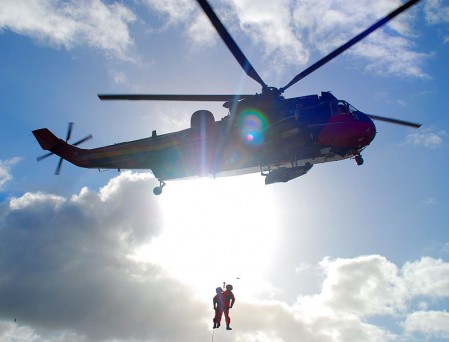
In late July, Shane Bauer, Josh Fattal and Sarah Shourd set out for a hike in the mountainous border region between Iraq and Iran. The three hikers had been warned not to hike in this area, as the border between the two countries is not clearly marked. The hikers went anyway – and they were promptly detained by Iranian border guards when they unintentionally crossed into Iran.
The trio’s recklessness played into the hands of the Iranian government. The three Americans have become a kind of cheap trump card for Tehran, which claims that the hikers are ‘spies’ sent by the reviled US. The incident gave the Iranian government a convenient pretext to distract from domestic problems and divert popular attention toward a common outside enemy.
Meanwhile, there is the story of the adventurous British yachting couple, Paul and Rachel Chandler, who set out on a dangerous voyage in the pirate-infested waters of East Africa. They had also been warned. The manager of the yacht club in the Seychelles from where the Chandlers disembarked had strongly advised them against undertaking their planned journey to the African mainland due to pirate activity. They went anyway. And the pirates caught them.
For the pirates, the two Brits are a valuable prize – they are citizens of a wealthy country in exchange for whom a lucrative ransom can be expected.
Adventure tourism is in vogue. Perhaps life has become too predictable, too mundane, too pedestrian inside the protected cocoon of western consumer societies. So at least in our spare time, some of us like to go for the real adventure and smell real danger.
But what if something goes wrong? What if you get caught or kidnapped?
No worries. Your government will do everything within its power to bail you out.
